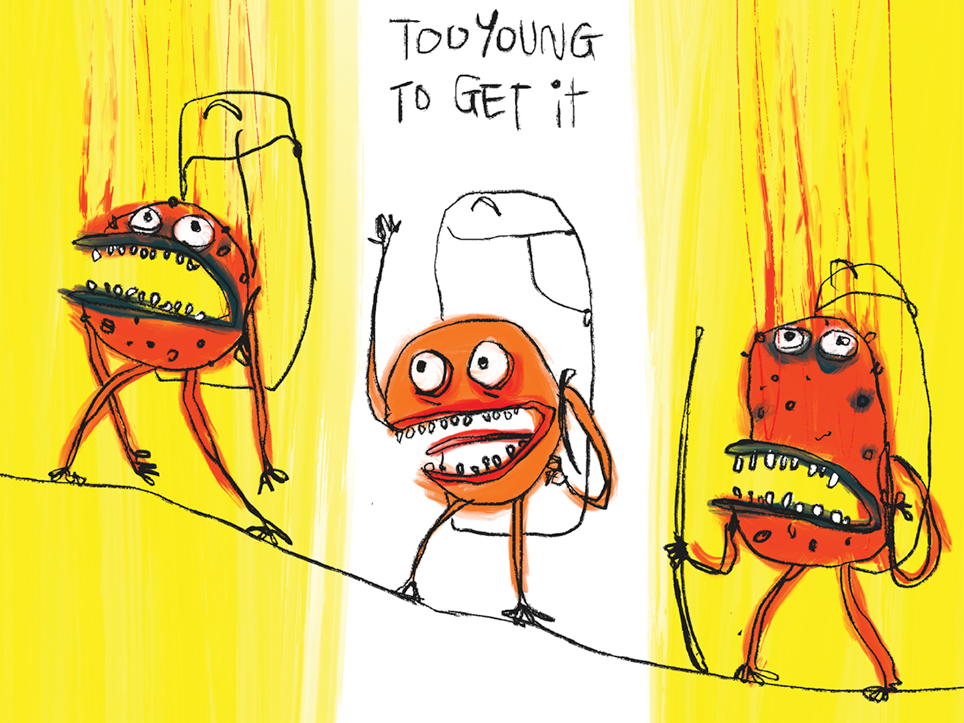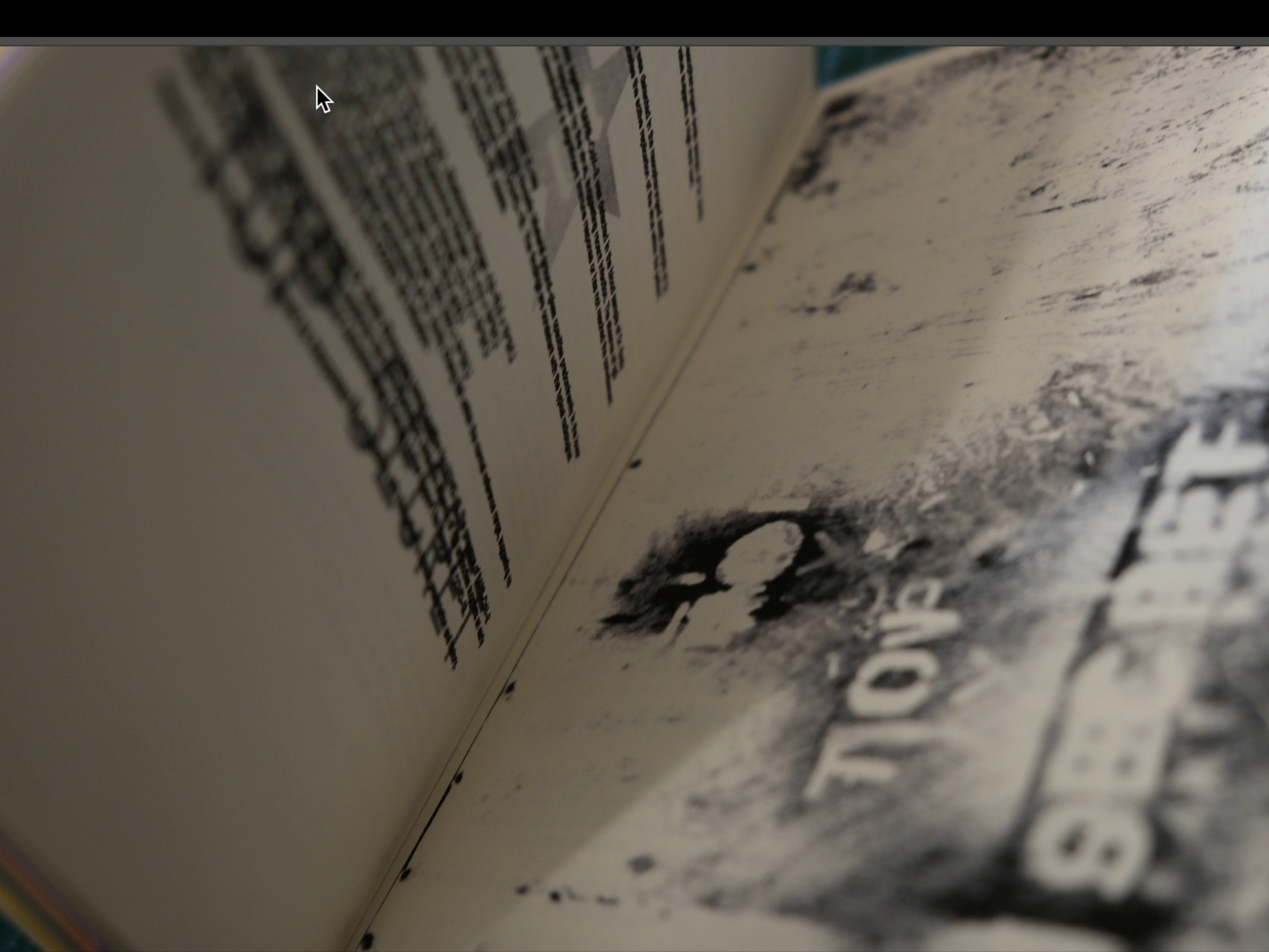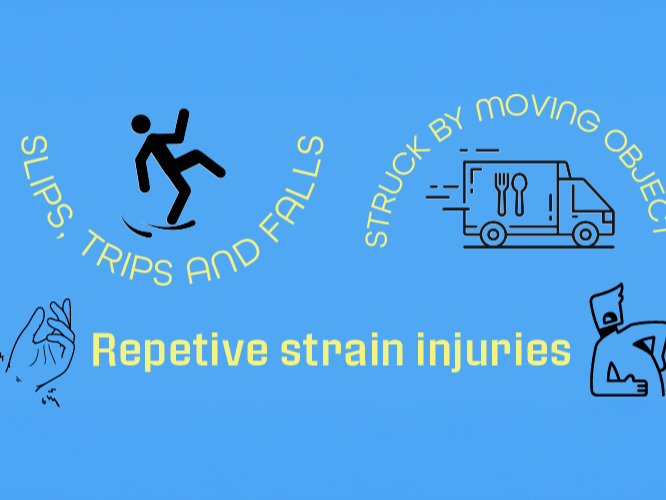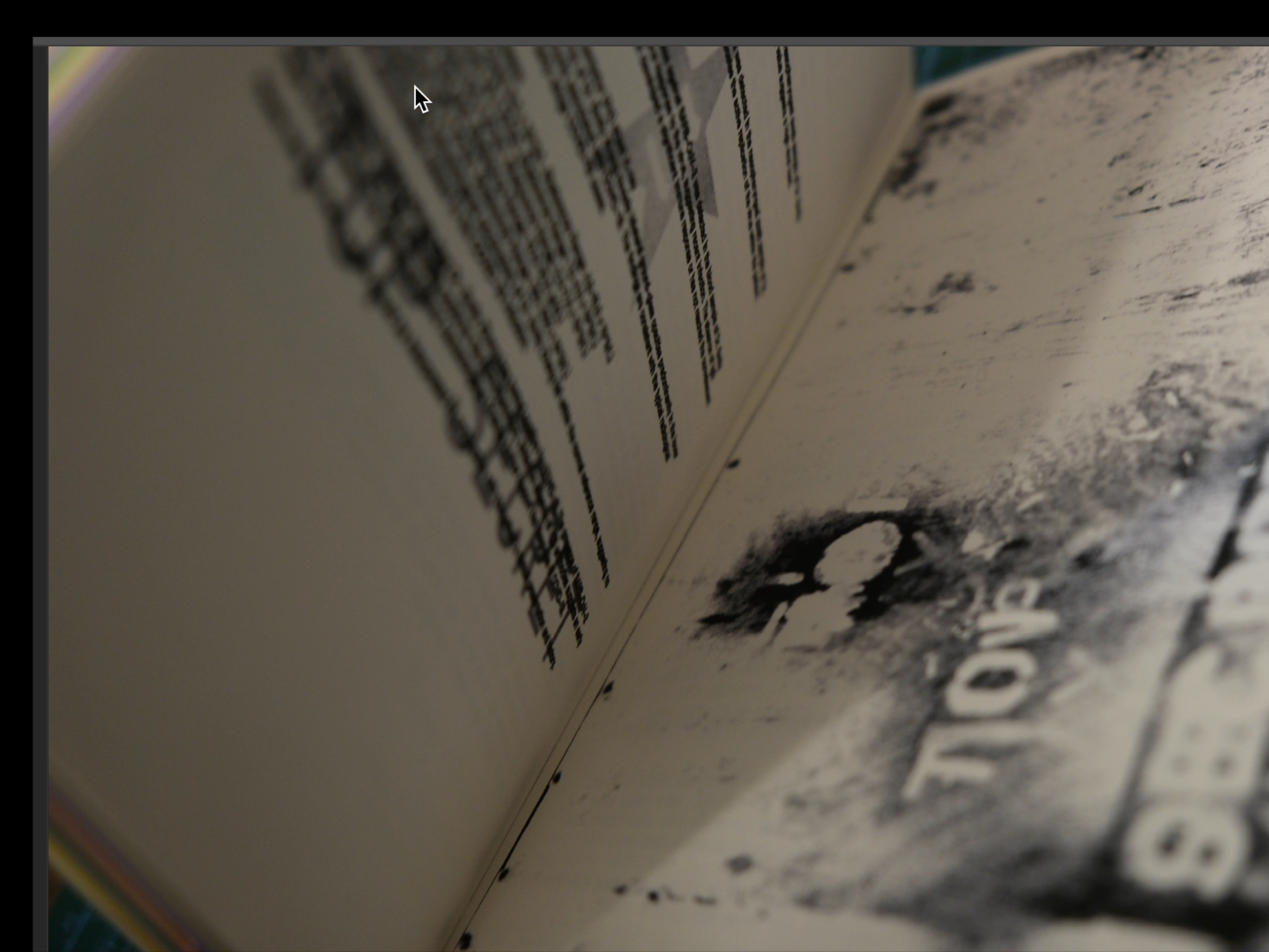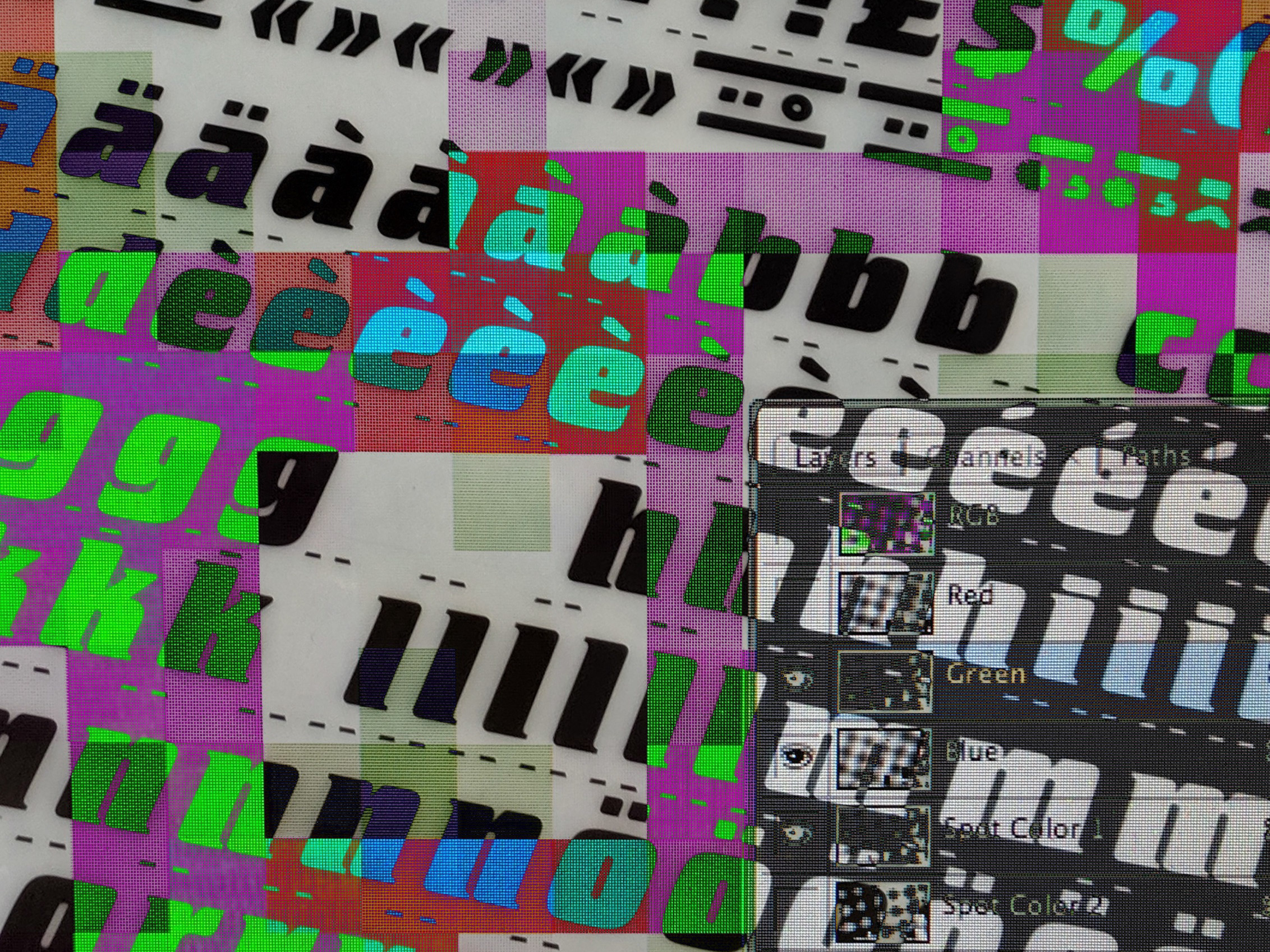Languages
Diversity and inclusion in a digital Spanish book
Relevant and accessible practising opportunities for Spanish-language learners in Australia
Glenda Mejía
Senior Lecturer, Spanish language & cultural studies
Senior Lecturer, Spanish language & cultural studies
Susana Chaves-Solis
Sessional academic, Languages
Sessional academic, Languages
Ian Kolk
Research Librarian, RMIT
Research Librarian, RMIT
Most text-books for Spanish-language teaching and learning are not only expensive, but also edited and published either in Spain or the United States. In addition, there is often a lack of cultural and language diversity in Spanish textbooks and at times some cultural elements use tokenism or stereotypes. This project has developed an accessible Spanish text book that includes diverse cultural and social topics, as well as the use of the variety of the Spanish language, relevant for Australia.
Resources
> Spanish text book and instructions
Aprendiendo Espanol en Australia: Principiante will be available in early 2025
Problem Statement
Most text-books for Spanish-language teaching and learning are not only expensive but also edited and published either in Spain or the United States. In addition, there is often a lack of cultural and language diversity in Spanish textbooks and at times some cultural elements use tokenism or stereotypes. In addition to this, student feedback has highlighted the need for an authentic and creative practice workbook, so students can supplement and reinforce classroom content for their own learning.
This project addresses these issues by creating a digital open book from an Australian context, with an open and inclusive approach that incorporates a variety of different Spanish speaking cultures.
Project Overview
This e-book is not a grammar book, this e-book is a practise e-book that complements the lessons in the classroom. This e-book features free educational options that will allow anyone, anywhere, anytime, and at their own pace to learn about a wide variety of topics from the Spanish-speaking world. This e-book aligns with a digital pedagogy that is agile, authentic, and active and by inviting students to be contributors to this e-book, we will empower their digital literacy.
This e-book can be used as self-study practice, as part of our face-to-face course, or in conjunction with any other grammar textbook. This resource is aimed at beginners and includes many basic grammar tips, written exercises for students to complete, audio listening, crosswords, and recording their own pronunciation as many times as they want with the objective to improve and practice their speaking skills. The grammar exercises was created using online pedagogy Pressbook platform, AdobeXd illustrators, Adobe Podcast and the H5P program.
Emergent Outcomes
This project involves our student cohort in its development processes.
We have aimed to create a resource that mirrored our classes, targeting our students needs and idiosyncrasies so they feel recognised and part of the learning community. We have created avatars of Susana and Glenda (teachers) and of the students whose characters resemble students from our classroom (Mei, Amira, Becky, Hope, Gianluca, Rodrigo, Lachie).
In our next step, in the creation of the project, we are engaging our students, making them contributors of the e-book. Students are learning adobe technologies to create content that can be added to the workbook.
The aims of this resources is to develop an emerging pedagogy that involves teaching practices, assessment design, and content creation to transform students’ experiences of higher education. This high-quality, on demand and cost-free open textbook has been designed to learning activities and tools for students to enhance their learning and digital literacy.
Digital Capability Building
Through this e-book we want to support students who are learning the Spanish language at RMIT by developing their digital fluency so when they graduate, they are confident to create and utilise a blend of digital skills to solve problems and communicate effectively. This has been addresses through the three digital literacies.
1. Technical literacy – With digital elements the students integrate various modern pedagogical technologies such as video presentations, audios and a wide range of fun and interactive exercises that attract and retain the student’s attention.
2. Information literacy – by employing intellectual independence and the use of their technical literacy, students are able to share their own narrative while also engaging critically with such information.
3. Critical literacy - As a global and local university, we want students to understand that this book has been collectively created, as we believe in communities. Thus, with the collaboration of the Spanish-speaking communities in Australia, we include different Spanish accents. Also, we include Australian elements and content that have not been considered in other books. This allows students to challenge assumptions and power structures.
Key Learnings
At the salons we attended, we learned additional digital literacy, interactive experiences, and innovative ways that we could use in our classroom to make assessments and activities engaging such as Adobe Rush. We learnt to have fun and not to be afraid of using Adobe resources. We learned about Adobe Express, Firefly, Adobe podcast, Adobe illustrator and 3D visualization. In future projects we would love to use Adobe Animations in our e-book. We already have the avatars and with a lot of guidance, practice, time and funding will make this process easier. We hope that what we have learnt through the salons, and self-teaching what we have applied in the open e-book will allow students to continue using digital literacies and translate their digital skills to any other RMIT courses and further their future careers.
Credits
The Adobe cover and illustrations have been created by Eloise Acuna and Laura Young - digital media designers with RMIT.
The students in the recording are RMIT PhD candidates Abraham (México) and Natalia (Colombia) and Cristina (Perú) who agreed to be part of the Adobe Podcast in this book.


